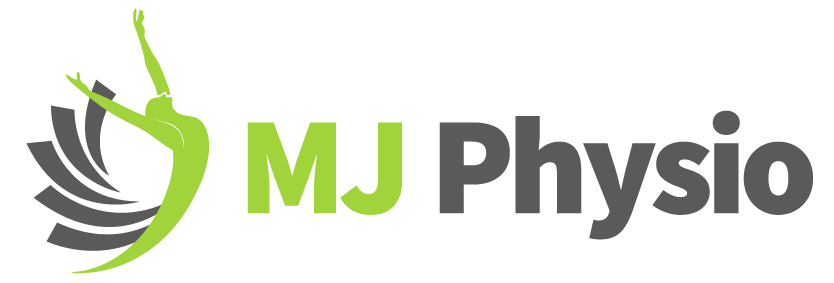Physical therapy is also recognized as PT. These are trained and registered professionals who evaluate and treat abnormal physical function related to an injury, disability, or other health condition.
Registered Physiotherapists work in a range of healthcare settings, including outpatient offices, private practices, hospitals, rehabilitation centers, nursing homes, home health, sports and fitness settings, schools, hospices, occupational settings, government agencies, and research centers.
Importance of Physical therapy
Physiotherapy professionals play an important role in treating and helping patients recover from a range of injuries, disabilities, and health conditions. Physical therapists are concerned about identifying and maximizing the quality of daily life and movement potential within the sphere of improvement, prevention, treatment, or rehabilitation.
The Physiotherapy practice has come a long way from the early employed heat, electrical stimulation, and water-based treatments to improve movement and function. This is one of the generally suggested treatments to assist in the recovery of many injuries and conditions like chronic pain, sports injuries, and mobility issues can also be treated with the use of physiotherapy.
Conditions that could benefit from physical therapy
As discussed, a physical therapist can provide supplementary treatment to a wide range of medical conditions depending upon the specialty. Although the physiotherapist might not directly and implicitly treat the medical condition unless it is about musculoskeletal conditions, they work closely with patients to optimize recovery or to educate them on how to improve their movement patterns.
Following are some conditions that physiotherapists can help with:
- Cardiopulmonary conditions – Chronic pain, Cystic fibrosis, and post-myocardial infarction heart failure.
- Conditions related to hand injuries – Trigger finger and carpal tunnel syndrome.
- Musculoskeletal dysfunction that includes back pain, rotator cuff tears, and temporomandibular joint disorders
- Neurological conditions – stroke, spinal cord injuries, vestibular dysfunction, traumatic brain injuries, etc.
- Pediatric conditions – cerebral palsy and muscular dystrophy
- Sports injuries – concussion and tennis elbow
- Female health and pelvic floor dysfunction – urinary incontinence and lymphedema
- Skin conditions or injuries – burns, wound care, and diabetic ulcers
Benefits of Physical Therapy Treatment
- Pain management
- Treatment could avoid surgery
- Improved mobility and movement
- Recuperation from injury or trauma
- Recuperation from stroke or paralysis
- Reduce the risk of falls and injuries due to improved posture and balance
- Manage age-related medical problems
Conclusion
Physiotherapy plays a vital role in treating patients with various medical conditions. MJPhysio offers a wide range of physical therapy services. Book your appointment for a free teleconsultation.






Post Comments